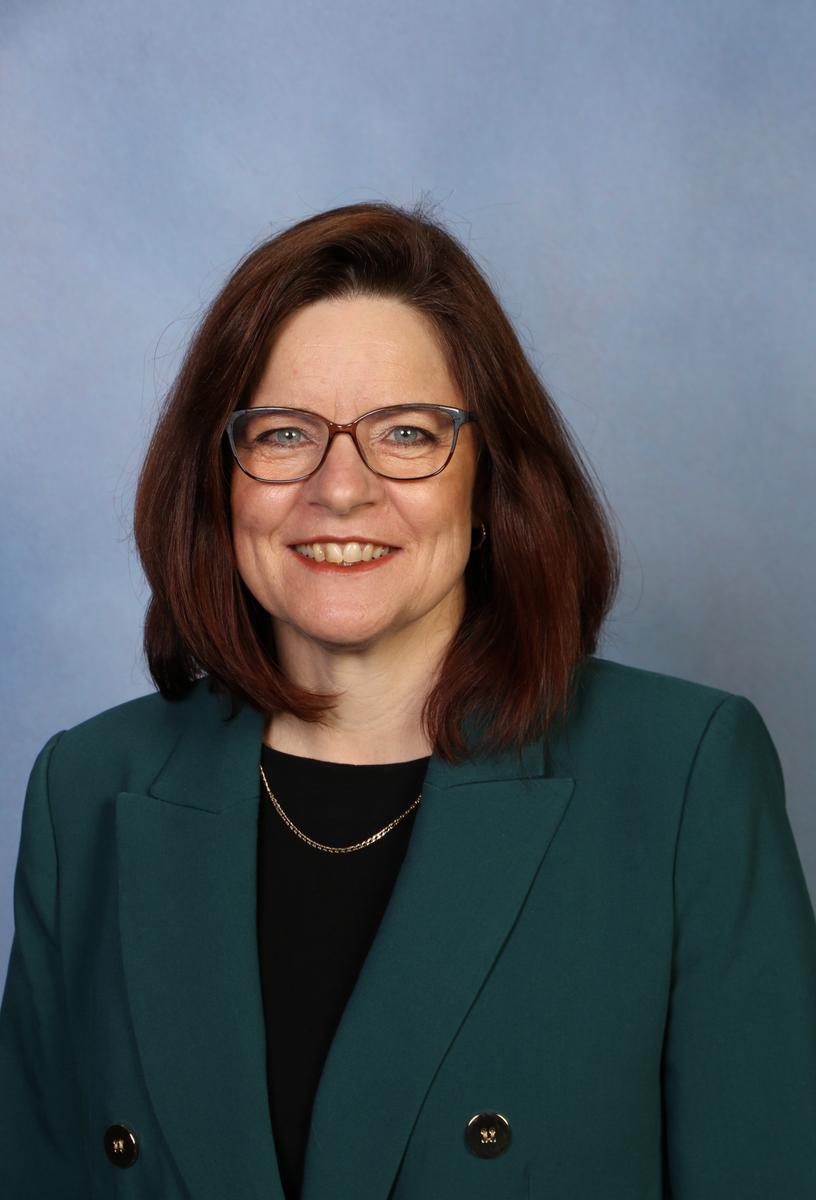Ulverstone Campus Principal

Recently, our Senior Leadership and Management teams spent some time with Rachel Moore, from Rachel Moore Consulting, in a LEGO® SERIOUS PLAY® workshop. Based on years of research, LEGO Serious Play workshops offer a creative approach to innovation and understanding.
The LEGO® SERIOUS PLAY® method (LSP) is a facilitated thinking, communication and problem-solving technique for use with organisations, teams and individuals. It draws on extensive research from the fields of business, organisational development, psychology and learning, and is based on the concept of “hand knowledge”.
https://seriousplay.training/lego-serious-play/
LEGO® SERIOUS PLAY® acknowledges that leaders/teachers do not have all the answers and provides an opportunity to give everyone a voice and for everyone’s voice to be heard. Schools are complex and adaptive, as is the world in which we live. LEGO® SERIOUS PLAY® helps us make sense of that world. LEGO® SERIOUS PLAY® is an approach that supports participants in a process of creative thinking and problem solving.
During the workshop, each participant was invited to build an answer or solution to a range of questions with LEGO® bricks. This structured approach enabled us to consider complex issues from a wide range of perspectives and gain insight into our workplace and our culture through play and storytelling. Just like our students, we were given opportunities to take risks, collaborate, communicate and problem solve. We brainstormed together, built together and laughed together. The learning was fun, it was meaningful and it was worthwhile.
At Leighland Christian School, we believe every student and staff member has a right to play. Play is a tremendously powerful learning approach that is fueled by curiosity, exploration, and joy. A pedagogy of play explores how this power can be unleashed so students can experience choice, wonder and delight in their learning. It draws on the elements of collaboration, creativity, critical thinking, design thinking, inquiry-based learning and project-based learning (PBL).
Next week, around the world, communities will be celebrating the first ever International Day of Play. This marks a significant milestone in efforts to preserve, promote and prioritise play so all people, especially children, can reap the rewards and thrive to their full potential. The United Nations argues that play is:
a universal language spoken by people of all ages, transcending national, cultural, and socio-economic boundaries. This shared passion fosters a sense of community and national pride. It also fosters resilience, creativity and innovation in individuals. For children in particular, play helps build relationships and improves control, overcome trauma and problem-solving. It helps children develop the cognitive, physical, creative, social and emotional skills they need to thrive in a rapidly changing world.
https://www.un.org/en/observances/international-day-of-play
Play is an attitude that appreciates God’s gifts of provision and life and invites us to engage in God’s world. We can relish play as we work and as we rest. Next week, I encourage you to celebrate the International Day of Play, take some time to discover, explore, experiment, build, design or make. Take some time to play or be playful.
Blessings
Dr Katrina McNab
Ulverstone Campus Principal

